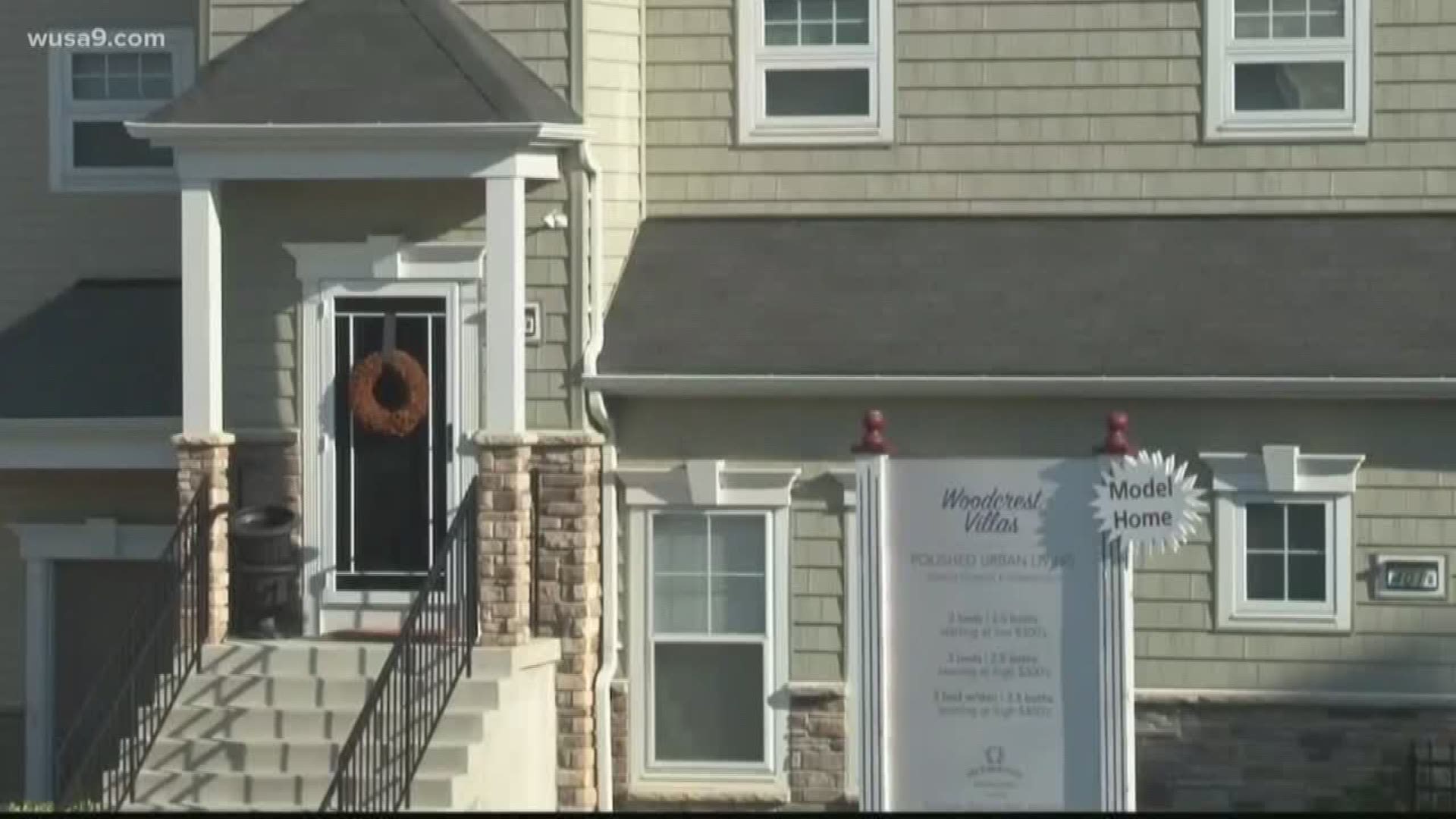The last family who lived in the now shuttered DC General homeless shelter moved in to their newly remodeled row house Wednesday.
Mayor Bowser and Department of Human Services Director Laura Zeilinger were on hand to welcome the family of eight home and celebrate the city’s commitment to end chronic homelessness. However, critics say the Mayor’s plan lacks follow-through and could land these families back on the streets.
After the Mayor’s news conference, the Smith kids explored their new house running up and down the stairs, choosing their bedrooms and falling onto their beds. “This is my room!” exclaimed one little girl. Clothes, furniture even gifts under the tree were all donated by the city, the community and their new landlord.
For mom who was raising all seven of her children in DC General Shelter for the last year, it was all a bit overwhelming. “It feels surreal,” Miss Smith said, “I still haven’t processed it fully yet, but I’m happy.”
Placing families in homes saves the city money. Right now there are about 450 homeless families living in hotels at a cost of $23 million dollars, that's averages about $64,000 a night.
"This is more than just a house this is being able to know you have dreams being able to know somebody else cared,” said the children’s grandmother Selena Connor.
Miss Smith signed the lease Wednesday afternoon and is moving in with a voucher. It’s a full ride that follows her if she continues to show need. However, most families relocate using the rapid rehousing program that offers financial help towards rent which lasts about a year to 18 months.
Residents pay the city 30 percent of their income, DC picks up the rest of the tab and pays the landlord directly. “We listened to our landlords to find out how we can better work with them,” said Mayor Bowser who said a city fund will help reimburse landlords in the case of damage or if something goes “wrong” with the family.
The Mayor also admits they need more landlords to step up and accept more families. Case managers check in with families in the Rapid Rehousing program, so they’re tipped off if someone’s falling behind on paying their share. “We are preventing people from accruing rent debt while they get back on their feet,” said Director Zeilinger.
Patty Mulahy Fugere, Executive Director of the Washington Legal Clinic for the Homeless said “it will leave families without a safety net.” Fugere believes even with assistance, Rapid Rehousing may be setting families up to fail. “I don’t think any plan can be successful unless there’s a far more significant investment into permanent affordable housing.” Housing experts estimate families would have to make $70,000 a year to afford to live in the District. She said the city created the housing crisis.
So, while the Smiths are lucky to have a voucher to pay their rent, critics fear the other families on the temporary Rapid Rehousing Program may be on borrowed time.
“Unless the city owns up to that and invests in a way that balances out I think we’re going to see struggle for a really long time,” said Fugere.

